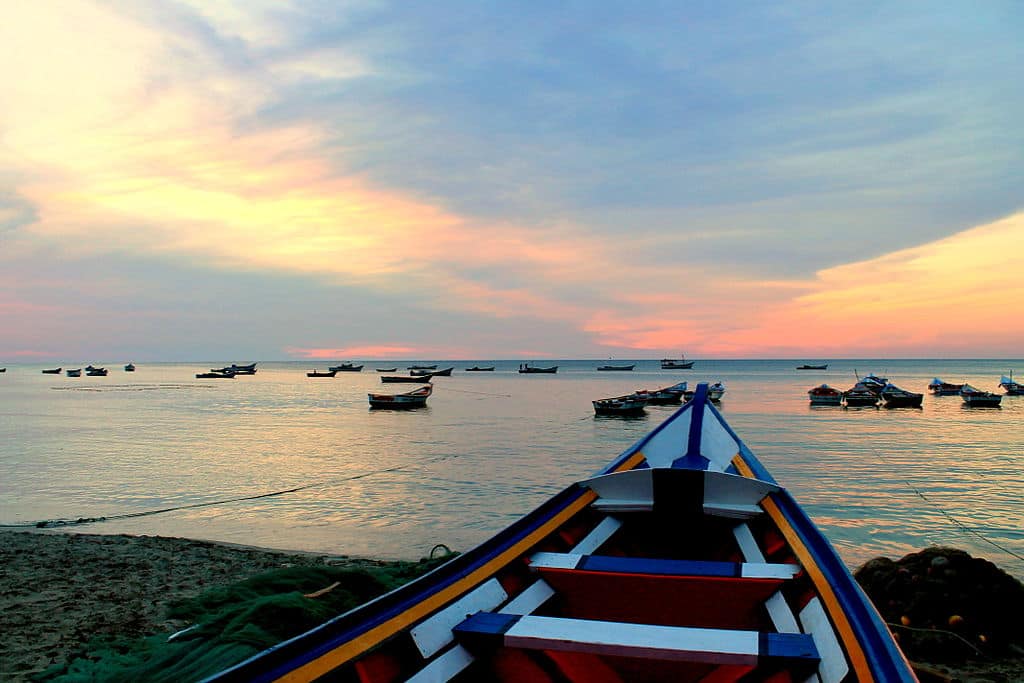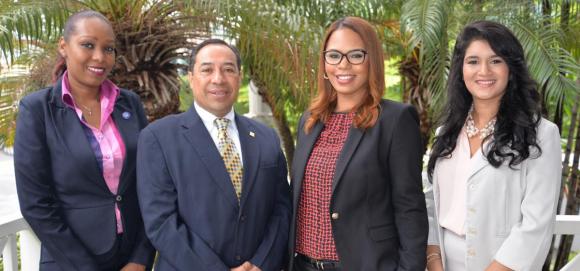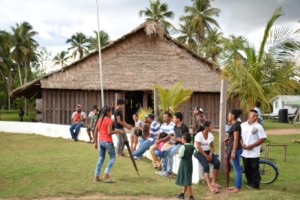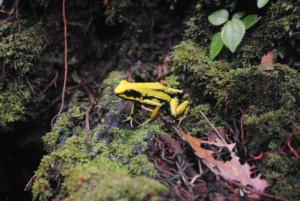Caribbean sustainable tourism efforts need to step up

According to a TeleSUR report, ACS Secretary-General Dr June Soomer believes that increased support of tourism through sponsorship programs can directly involve entrepreneurs, artisans, and innovators in expanding existing tourist products and in creating new ones.
The undertakings took place at the end of ACS’ 28th Meeting of the Sustainable Tourism Special Committee, which took place over two days on the island of Margarita, Venezuela. According to the ACS website the July 10 – 11 meetings were held “to discuss the implementation of initiatives on Community-Based Tourism and strengthening the Sustainable Tourism Zone of the Greater Caribbean (STZC)”.
According to TeleSUR, the event host Venezuela committed to regional cooperation in sustainable tourism.
Venezuela’s Vice Minister for the Caribbean within the Foreign Ministry, Raul Licausi, reportedly said the South American nation would “promote and develop sustainable and responsible tourism in the Caribbean Sea as a community and social activity, in accordance with the principles of social inclusion, social and economic justice, guaranteeing the right to recreation by the population”. This would include “the most vulnerable sectors, with respect for the environment, biological diversity, values of popular cultures, and Caribbean cultural heritage”.
“We will sponsor community-based tourism through socio-productive organisations, so that the inhabitants of the communities themselves manage their own development, including the management of local tourist destinations,” he said. “We will also promote the endogenous planning and sustainable use of the natural resources of its surroundings, in order to improve the quality of life, both individual and collective.”
In close coordination with the Special Committee for Sustainable Tourism, Venezuela will develop sustainable tourism plans that incorporate:
- Criteria for the conservation of protected natural areas;
- Models for participation of local communities in the management and operation of sustainable tourism activities;
- Levels of responsibility of natural and legal persons, public and private, with and without profit; and
- Scope for the participation of organised communities in decision-making bodies and other forms of collective participation.
The next meeting on sustainable tourism will be held next July on Trinidad and Tobago.

ACS’ Sustainable Tourism team: (L‑R) Bevon Bernard-Henry (Secretary), Julio Orozco Peréz (Director), Tanya Amaya Castro (Advisor), and Victoria Ramdeen (Research Assistant). Source: ACS
What is the Association of Caribbean States?
The Association of Caribbean States (ACS) is a union of nations centered on the Caribbean Basin. It was formed with the aim of promoting consultation, cooperation, and concerted action among all the countries of the Caribbean. The primary purpose of the ACS is to develop greater trade between the nations, enhance transportation, develop sustainable tourism, and facilitate greater and more effective responses to local natural disasters. (Wikipedia)
ACS’ member states are Antigua and Barbuda, The Bahamas, Barbados, Belize, Colombia, Costa Rica, Cuba, Dominica, Dominican Republic, El Salvador, Grenada, Guatemala, Guyana, Haiti, Honduras, Mexico, Jamaica, Nicaragua, Panama, St. Kitts and Nevis, St. Lucia, St. Vincent and the Grenadines, Suriname, Trinidad and Tobago and Venezuela. Its Associate Members are Aruba, Curacao, (France on behalf of French Guiana, Saint Barthelemy and Saint Martin), Guadeloupe, Martinique, Sint Maarten, (The Netherlands on behalf of Bonaire, Saba, and Sint Eustatius), Turks and Caicos.
What is the Sustainable Tourism Zone of the Greater Caribbean?
The ACS defines the Sustainable Tourism Zone of the Greater Caribbean (STZC) as “a geographically determined cultural, socio-economic and biologically rich and diverse unit, in which tourism development will depend on sustainability and the principles of integration, co-operation and consensus, aimed at facilitating the integrated development of the Greater Caribbean”.
The ACS claims that, through the STZC Convention, which officially entered into force in November 2013, the Greater Caribbean Region is “the First Sustainable Tourism Zone in the World”.
Source: This post is based on a summary of a TeleSUR report with additional background and links added.
Featured image: Sunset on Manzanillo beach, Margarita island, Venezuela. By Hector Darío, CC BY-SA 3.0, via Wikimedia
Related posts





